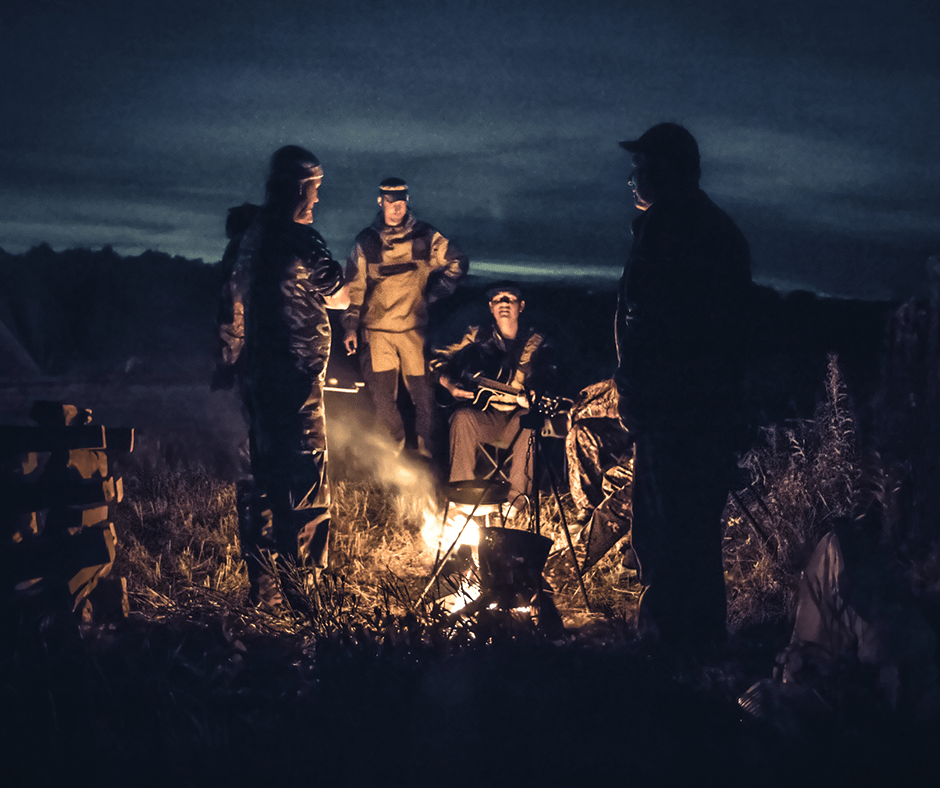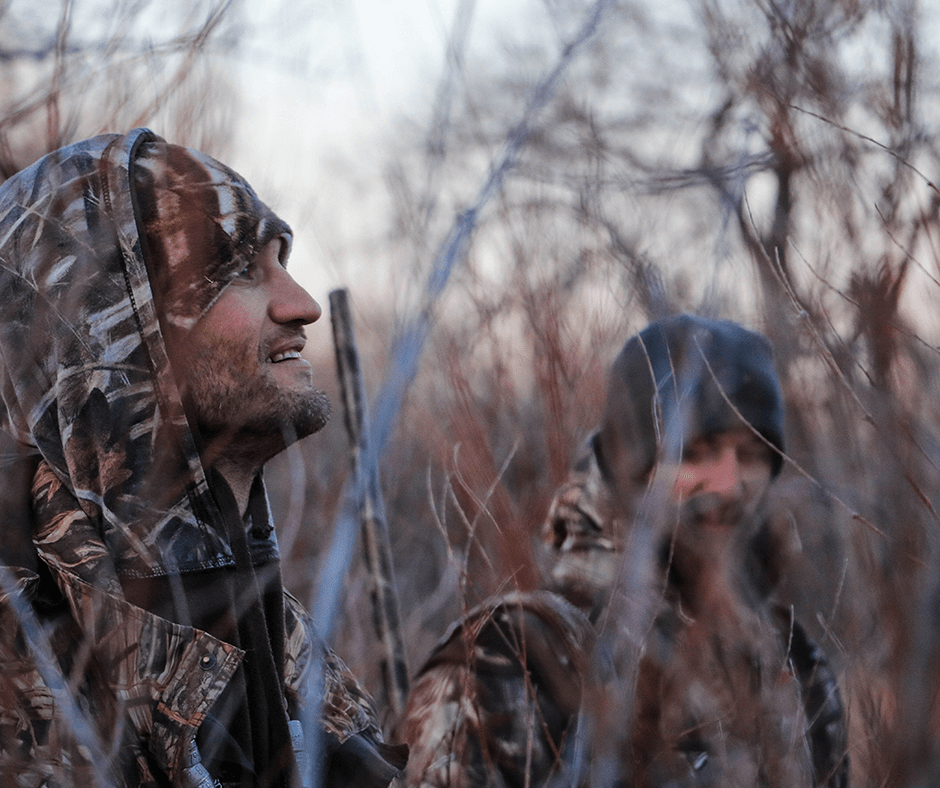Does the idea of hunters leasing your land make you nervous?
If you have never had hunters lease your land before and don’t know what to expect, that isn’t surprising. Leasing hunting rights is a great way to make some passive income on a property you already own, and it is a simple way to offset your property costs. Plus, it is also a good way to cut down on crop damage and trespassers.
When you lease your property for hunting, you should expect respectful and responsible outdoorsmen to use your land in accordance with the lease you both agree on. Of course, not all hunters are perfect, but hunters invest thousands of dollars and many hours into hunting and don’t take it lightly. Hunters that pay for property use are the least likely ones to disrespect it.
That said, what is it like to have hunters leasing your land? The arrangement is a bonus to you as a property owner, the property itself, and your wallet, but let’s look a little closer at the specifics.

Cash Money
First and foremost, leasing hunting rights to your land opens a world of income. Factors such as the location of your property, the amount and kind of game present, and the size of game decides what price you can charge.
Certain states and counties that are well-known for trophy animals will fetch a premium, potentially earning you thousands of dollars per year. Hunters who lease land are used to paying an upfront lump sum for hunting rights. This is a great way to have some extra cash in your pocket at a predetermined date.
Again, lease hunters are very serious about their hobby. They are not likely to be delinquent with payment; they know other hunters are waiting for their shot at the property they’re leasing.
Manage for Success
No one is more concerned about the amount and quality of game on your property than the guys paying you to hunt it. They want the most for their dollar. That generally means a few deer for meat and a trophy every so often.
Not every state produces an abundance of Boone & Crockett-class bucks, so the standard for “trophy” is subjective. Those paying to hunt will be more interested in helping manage the property and game for success. They become advocates for what’s best for the herd and the land on a holistic level.
One of the things you might want to include in your lease agreement—especially if your land is in an area known for giant bucks—is the management plan. Agreements on antler restrictions and harvest numbers should be clearly spelled out so there are no surprises for either party.
Managing your land for a healthy, quality deer herd also contributes directly to your bottom line. If your place is yielding great deer every year, you can charge more per acre than your neighbors, and you’ll have no shortage of paying customers. Don’t expect your hunters to be wildlife biologists, but a basic management plan is a good thing.

Reduce Knocks on Your Door
If you’re contemplating leasing to hunters, you probably already have hunters asking to hunt your place for free. There’s game on your land, you’ve got enough space, and folks know about it.
Letting a friend or neighbor hunt is a good thing to do if you know and trust them, but how do you keep every Tom, Dick, and Harry from ringing your bell and asking if they can have a shot at your place? Tell them, “It’s leased.”
Leasing your land instantly shuts off the flow of those seeking permission. There’s a contract in place that specifies who has access to your property among other things. It also makes it easier to say “no” to those who come knocking; there’s no longer any wiggle room for begging or bartering.
When word gets out that your property is leased, those who came knocking will be less likely to help themselves to your land. They know the guys who will be hunting have a vested interest in your property. They also know that those who have permission via your lease will be vigilant about watching the place.
Reduce Trespassing
When you’ve found a group of hunters who’ve agreed to the terms of the agreement and have cash in hand, you also get a de facto posse that will police the land. These guys have paid money to access your land and will not take kindly to trespassers.
If a confrontation arises, make sure each of the permitted hunters has a handwritten permission slip with your name and phone number on it. This proves to all who ask that the hunter can be there. Plus, if a well-intentioned neighbor has an interaction with one of your hunters, this permission slip will quickly and courteously defuse the situation.
What Now?
Now that your land is leased to a select number of hunters, who you’ve fully vetted, it’s best to leave the place alone. If you try to throw in a clause that says others can hunt, that will spoil the deal. Folks want a lease because it provides exclusivity. That’s what they’re paying for.
You’ll still have all the same rights as before (minerals, crops, etc.) but will no longer be able to engage in hunting activities during the season(s) unless you include it in your agreement. You’ll want to give your hunters a heads-up when you’ll be farming and on the property if it’s during hunting season.
If hunters wanted to rub elbows with other camo-clad hunters, they’d go on public land. Paying to hunt a piece of property is as close to land ownership as some will get. They take it very seriously. You should, too.
Make sure that you’ve got an ironclad lease agreement that details who’s allowed, and what’s permissible on the property. It will lead to a mutually beneficial relationship that benefits you, your land, and your hunters.

I would like to lease my land for hunting.
We live in nw illinois. We are in the process of planning hazel nuts paw paws,
And 3 acres of liadino clover. Total acreage 32.
Hi Jack, that’s great to hear. We would love to talk to you about this. If you could either give our office a call at (866) 309-1507 or fill out the landowner form here https://huntingleases.basecampleasing.com and your agent will be in contact with you soon to discuss more. Thanks Jack!
What is a reasonable amount to ask for? We have 200 acres near the Twin cities that is farm land.
Hi Henry, to be honest, the best way to get a quote with an actual dollar amount is to talk to one of our leasing agents. Every property is different and there really isn’t a great way to give a dollar amount just based on the number of acres.
Getting a quote is free and there is no obligation afterward. The best way to get a quote is either to call our office at (866) 309-1507 or by filling out the landowner form here https://huntingleases.basecampleasing.com. I hope this helps!